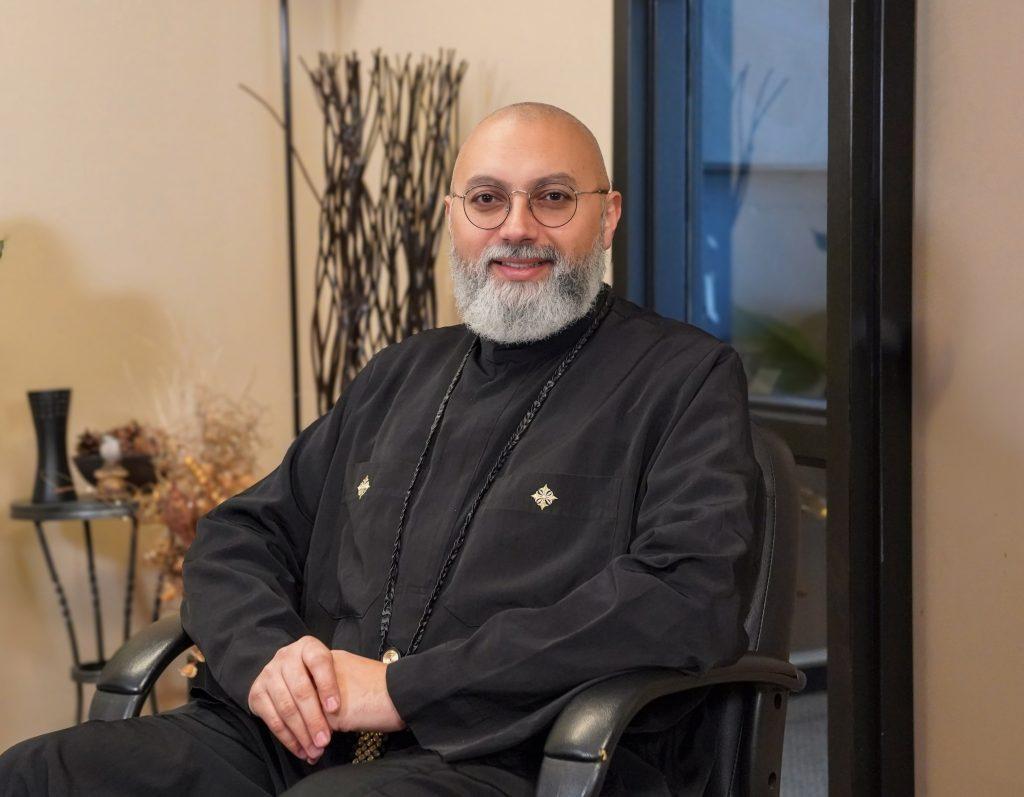Key Points:
- Time constraints, guilt, and overcommitment silently sabotage trainee wellness.
- Institutional neglect and societal stigma further hinder self-care practices.
- Cognitive traps like perfectionism make prioritizing self-care harder.
- Cultural expectations can shape attitudes toward self-care.
- Overcoming barriers requires intentional supervision and systemic support.
Self-care is often celebrated in mental health circles—but practicing it consistently during training is another story.
In this second article of our five-part series, we’ll dive into the silent saboteurs—the barriers that undermine counsellors-in-training (CITs) from building sustainable self-care habits—and how supervisors and training programs can begin to dismantle them.
Knowing Isn’t Doing: The Self-Care Paradox
Trainees generally know that self-care is important.
Yet research shows that even when awareness is high, consistent practice is low (Miller, 2022; David & Achempim-ansong, 2021).
Why? Because knowing about self-care is not enough.
Without deliberate structural support, emotional encouragement, and skill-building, even the best intentions collapse under the weight of practicum demands.
Understanding the barriers is the first step to dismantling them.
Barrier 1: Time Starvation
Perhaps the most universal obstacle is the overwhelming time crunch.
Practicum days are often described as “non-stop work,” leaving little margin for personal wellness (David & Achempim-ansong, 2021). Between coursework, client sessions, supervision meetings, and personal obligations, trainees feel there’s simply no time left for activities like mindfulness, exercise, or social connection.
Self-care becomes the first casualty in an overcrowded schedule.
What Can Help:
- Supervisors can normalize micro-self-care—small, 5–10 minute practices integrated into daily routines (e.g., breathing exercises between sessions).
- Training programs can build protected self-care time into practicum schedules.
Barrier 2: Emotional Guilt and Overcommitment
Trainees often feel guilty prioritizing their own needs.
A strong desire to be helpful and meet client needs can morph into overcommitment, with students sacrificing rest, boundaries, and self-reflection.
This emotional guilt stems from:
- Internalized messages that selflessness equals professionalism.
- Fear of being perceived as lazy or incompetent.
- An overidentification with the “helper” role.
What Can Help:
- Supervisors must model boundary setting and explicitly affirm that self-care is part of ethical practice.
- Training modules should address compassion fatigue and ethical self-care head-on.
Barrier 3: Institutional Neglect
While self-care may be talked about, it is rarely modeled, demonstrated, or structurally supported (David & Achempim-ansong, 2021).
When institutions emphasize productivity, grades, and client outcomes without valuing the therapist’s humanity, trainees receive a dangerous message: Your worth is tied to your output.
What Can Help:
- Practicum directors can embed self-care into evaluation metrics.
- Institutions can create self-care policies with real consequences for burnout and impairment.
Barrier 4: Cognitive and Psychological Blocks
Barriers are not always external.
Trainees themselves may struggle internally with:
- Perfectionism: Believing they must perform flawlessly, leaving no room for rest (Nicotera et al., 2023).
- Performance Pressure: Feeling that constant busyness proves dedication.
- Fear of Vulnerability: Viewing self-care as a sign of weakness or lack of resilience.
These cognitive distortions silently sabotage self-care efforts.
What Can Help:
- Psychoeducation on common cognitive traps should be a regular part of supervision.
- Supervisors can normalize vulnerability and model self-compassion.
Barrier 5: Cultural and Societal Expectations
Cultural norms can either support or obstruct self-care.
In some cultures, prioritizing oneself is viewed negatively, seen as selfish or inappropriate. Gender norms may also impose expectations that women, in particular, must prioritize caring for others over themselves (Ayala & Almond, 2018).
What Can Help:
- Training programs must create space for cultural reflections around self-care.
- Supervisors should encourage culturally congruent self-care practices that feel authentic to trainees.
Barrier 6: Financial and Logistical Constraints
Self-care advice often presumes resources:
- Gym memberships
- Yoga classes
- Therapy sessions
But many trainees face significant financial stress, leaving them feeling excluded from typical self-care narratives.
What Can Help:
- Supervisors and programs must promote low-cost or no-cost self-care options (e.g., walking outdoors, free mindfulness apps, journaling).
- Normalize accessible, sustainable self-care.
Barrier 7: Stigma Around Self-Care
Finally, there’s an underlying societal stigma that frames self-care as indulgent or unnecessary.
Trainees may internalize this, dismissing their own needs until burnout becomes inevitable (Mills et al., 2018).
What Can Help:
- Programs can reframe self-care as professional maintenance rather than luxury.
- Faculty can celebrate self-care behaviours the same way they celebrate academic achievements.
Barriers Are Not Excuses
It’s important to be clear:
Barriers explain resistance to self-care; they do not justify it.
Acknowledging barriers empowers programs and supervisors to address them systematically and compassionately—building a culture where self-care is a normalized, essential part of professional identity, not an afterthought.
Self-care does not happen automatically.
It must be taught, modeled, facilitated, and protected.
Otherwise, trainees are left to fight silent saboteurs alone—and that’s a battle many will lose.
About the Author
Father Pishoy Wafsy
Rev. Fr. Dr. Pishoy Wasfy, PhD, MDiv, RP, is an ordained Coptic Orthodox priest serving in Mississauga, Ontario, and a Registered Psychotherapist with over 14 years of counselling experience. He holds a Ph.D. in Christian Counselling, a Master of Divinity in Clinical Counselling, and a Bachelor of Science in Pharmacy from the University of Toronto. Fr. Pishoy integrates clinical expertise with spiritual care, supporting individuals, couples, and families through his work at Cornerstone Family Counselling Services and broader community initiatives.

References
Ayala, E. E., & Almond, A. (2018). Self-care among health service psychology trainees: Implications for training and practice. Training and Education in Professional Psychology, 12(4), 258–266. https://doi.org/10.1037/tep0000219
David, S., & Achempim-Ansong, R. (2021). Student counsellor self-care: Conceptual and practical considerations. Journal of Counselling Practice, 8(1), 1–13.
Mills, J., Wand, T., & Fraser, J. A. (2018). Exploring the meaning and practice of self-care among palliative care nurses and doctors: A qualitative study. BMC Palliative Care, 17(1), 63. https://doi.org/10.1186/s12904-018-0318-0
Miller, T. W. (2022). Self-care and wellness in mental health education: Building resilience. Journal of Mental Health Training, Education and Practice, 17(3), 224–236. https://doi.org/10.1108/JMHTEP-06-2021-0038
Nicotera, N., Cline, A., Facktor, M., & Chiarolanza, K. (2023). Barriers to self-care among MSW students: A mixed methods study. Journal of Social Work Education, 59(1), 153–165. https://doi.org/10.1080/10437797.2021.1985224
Posluns, K., & Gall, T. L. (2020). Dear mental health practitioners, take care of yourselves: A literature review on self-care. International Journal for the Advancement of Counselling, 42(1), 1–20. https://doi.org/10.1007/s10447-019-09382-w






